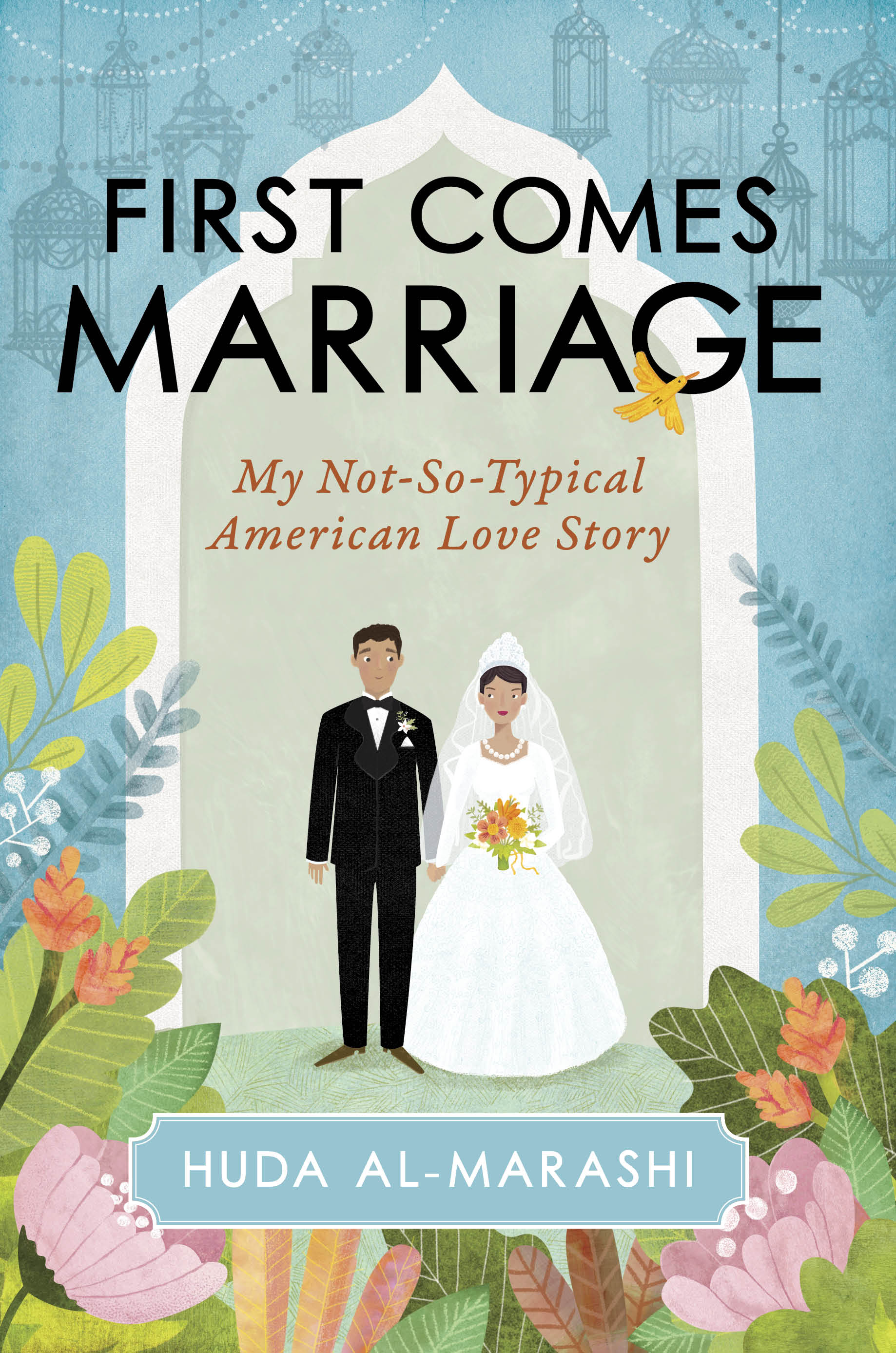As tens of thousands of anxious Egyptians jam Cairo’s Tahrir Square today awaiting with bated breath the results of the country’s first presidential election since the ousting of Hosni Mubarak, New York film critics will sit down to a screening of Words of Witness. Directed by Mai Iskander, Words of Witness is not a documentary about the revolution in Egypt.
It is a documentary about the people of the revolution. Through the eyes of a 22-year-old female journalist, Heba Affify, Iskander shows us a generation, raised under Mubarak’s 30-year dictatorship, now determined to lead themselves.
Heba, one of the youngest journalists working in the English division of Egypt’s leading independent newspaper, Almasry Alyoum, documents the heady highs and painful lows of her people as they topple a dictator and try to navigate the rocky transition to democracy. We follow her through the euphoric announcement of Mubarak’s resignation and the army’s temporary take-over, to her realization of the darker side of revolution—seeing the disappearances of protestors and hearing the testimonies of torture survivors. Still, Heba remains steadfast in her commitment to inform her fellow citizens and the world about what is happening at the frontlines, frantically tapping out articles, tweets and Facebook posts. Heba’s words bear witness to to an Egypt on the cusp of self-determination.
But as the filmmakers show, her work is not always appreciated. The documentary touches upon the patriarchal bent of Egyptian society; Heba’s mother, while proud of her daughter’s investigative journalism, fears for her safety, cautioning Heba that she is a woman first and a journalist second. Empowered and emboldened by the revolution, and much to her mother’s chagrin, Heba continues crisscrossing the city, jotting notes and carrying out interviews.
“During the Revolution, all the rules were broken,” she explains. “My mother needs to understand that the rules that were broken during the Revolution will remain broken.” Heba’s defiance of the traditional role of an Egyptian woman is symbolic of a new wave of feminism sweeping through Egypt. Women took part in the ousting of Mubarak and they will not be pushed to the sidelines now that nation-building has begun.
The documentary’s optimistic tone matches that of the Egyptian people, but it serves this optimism with a slice of hard truths about follows a revolution—the crime, the paranoia-laced conspirocy theories, and the Army’s swift and brutal silencing of critics. But Heba and her generation hang on to their fragile hope of lasting reform and self-determination.
Saira Khan is a Pakistani-American who graduated as an English major from the University of Maryland, Baltimore County. Currently employed in the publishing world, she will soon be pursuing a Master of Science degree in Journalism at Columbia University.
















